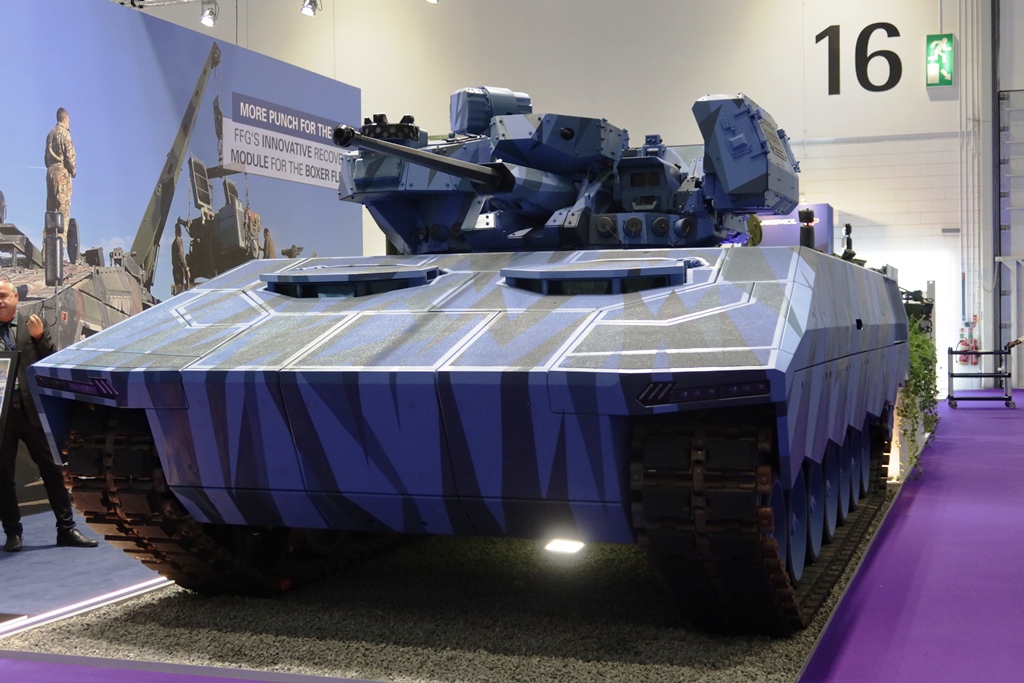Special Operations Command Prepares for Potential Missions in Venezuela
Context of Military Readiness
At the recent Air, Space, and Cyber Conference, Lt. Gen. Michael Conley, the leader of Air Force Special Operations Command (AFSOC), affirmed the readiness of special operations airmen for potential missions concerning Venezuela. This statement aligns with the Trump administration’s aggressive stance on fighting narco-terrorism in the region.
Operational Assets and Preparedness
Although Gen. Conley refrained from confirming specific operations in Venezuela, he emphasized that AFSOC possesses a comprehensive array of strike, surveillance, and mobility capabilities—resources that would be invaluable to any combatant commander. His remarks highlighted:
- State of Readiness: The command’s operational posture is designed to enable immediate deployment wherever national interests require.
- Focus Areas: “We are prepped to go where the nation needs us,” he stated, underscoring the importance of maintaining operational versatility.
Training Initiatives in the Caribbean
The timing of recent military exercises has sparked scrutiny amidst rising tensions. Just prior to a significant airstrike against a purported drug trafficking vessel, AFSOC conducted a high-stakes exercise on St. Croix, simulating the seizure of an airport. This drill showcased the Air Force’s Agile Combat Employment concept, originally aimed at countering threats from major adversaries such as China and Russia.
- Expansion of Scope: Conley expressed the necessity for more regional training exercises, noting a strategic shift from historical focuses on operations in the Middle East and Africa.
Military Presence and Regional Tensions
Since the airstrike that reportedly resulted in 11 casualties aboard the vessel, U.S. military assets have been augmented in the Caribbean. Noteworthy deployments include:
- Drones and Aircraft: MQ-9 Reaper drones and Marine Corps F-35Bs have been stationed in Puerto Rico, alongside C-5 and C-17 transport aircraft.
- Venezuelan Government’s Response: President Nicolás Maduro has addressed the U.S. government, urging a cessation of military actions and expressing concern over the escalation of military presence in the region.
In his communication, Maduro emphasized the necessity of respecting a proclaimed “Zone of Peace” in the Caribbean.
Implications for U.S. Defense Strategy
The White House has reiterated its assessment of Maduro’s regime as illegitimate, stating its intent to utilize all available means to disrupt drug trafficking operations facilitated by Venezuela. The current U.S. defense strategy has shifted focus towards the homeland, aiming to re-establish a commanding presence in the Western Hemisphere.
- Future Training Objectives: Gen. Conley articulated his commitment to aligning AFSOC operations with the administration’s new strategic priorities. He expressed a desire for training initiatives that prep airmen for operational environments in the hemisphere.
Conclusion
As military dynamics evolve in the Americas, AFSOC’s emphasis on readiness and training will be crucial for addressing contemporary threats. The balance between operational preparedness and diplomatic relations will continue to shape U.S. policies in the region.





